2022 Honestly Good Eco Book Club
Looking for good environmental and climate change books to read? Read along with the 2022 Honestly Good Eco Book Club. Check out this list of books below. You can join us now or just grab one of the books to read on your own at your leisure.
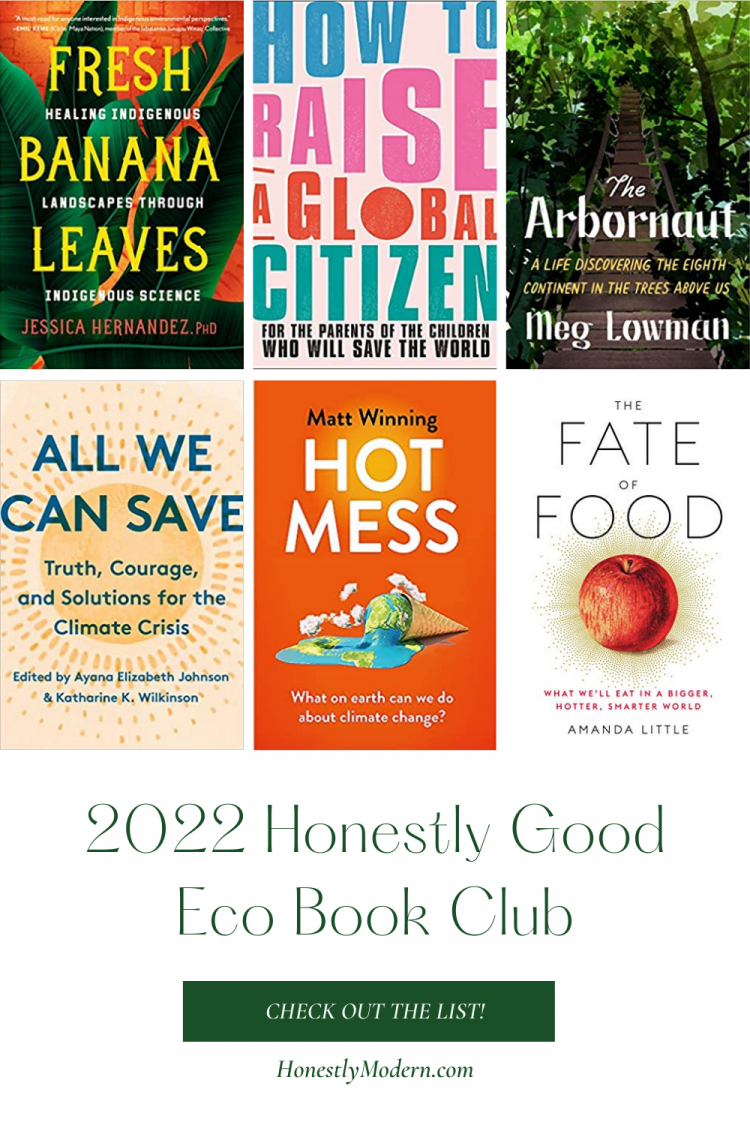
In 2020, I created a year-long monthly environmental reading list. I intended to write reviews for each book and potentially turn it into a fun book club. We all know how 2020 turned out, and the book club never really came to fruition. However, you can still check out the list of a dozen books, each with elements tied to eco-friendly living, that I chose to align with each month of the year.
I skipped a 2021 Eco book reading list but really wanted to put something together for 2022. I’ve been thinking a lot about what to include on the list lately. While there are a handful of books I really loved, so many titles are dire and grim. I know they reflect the current climate circumstances, and we must act urgently. However, I don’t want to dedicate all of my reading time to heavy, dark books about the existential fate of humanity.
After a bit of research, I found a dozen books that are relevant to climate action and environmentalism in a variety of ways. Some are fun and light while others are heavy and informational, and there’s a handful that falls somewhere in the middle of that spectrum.
Instagram Live Book Club Chat
Each month, I’ll host an Instagram Live book chat with one, two, or three other book-loving friends to discuss the book of the month. Head on over to @honestlymodern on Instagram and follow so you can stay up to date on when the book club chats will take place. And be sure to message me if you want to be one of the people included in the Live chat.
A Note on Buying and Borrowing Books
We include affiliate links to books we recommend. If you purchase through one of these links, Honestly Modern earns a very small commission that has no impact on your purchase price.
If you can find the books from your local library, from a friend, at an independent bookstore, or through a used book shop, those sources are ideal. Using the library is zero waste, saves money, and saves space in your home because you can read all the books without storing all the books on your bookshelves. If you’re not sure of the best way to use your local library, check out these tips to make the most of your local library. With a little exposure, your kids will learn to LOVE the library!
If you prefer to listen to audiobooks, we recommend using Libro.fm, our favorite audiobook app. We’ve tried several audiobook apps and love that Libro.fm supports independent bookstores and offers a great user experience.
I’m a big fan of the library. We check out lots of books, but there are so many other ways to use local libraries. This post is part of a series about the many ways to make the most of local libraries because Libraries Are More Than Books.
Here are 12 books to read in 2022 on your eco-friendly living journey. If there are any books I missed that you can’t wait to read this year, be sure to let me know in the comments so I can check them out too.
January
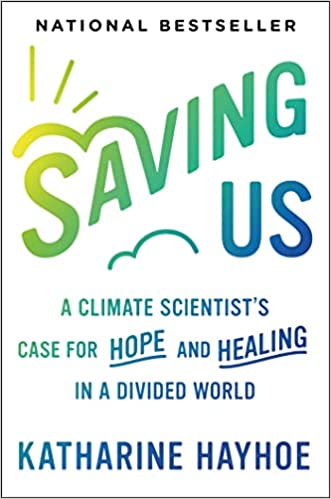
Saving Us by Katharine Hayhoe
As the name implies, this book is hopeful and heart-filled. This human-centric nonfiction book offers a variety of tools and resources to help us have more productive climate conversations with others in our communities and lives, even if they don’t agree with us.
Hayhoe has become something of a champion in the environmental space with respect to compassionate climate conversations. I wrote a full review of saving us that you can check out, but if there’s one book about climate change and environmentalism you should read this year, add this to your reading list.
Genre Adult Non-Fiction | Pages 320 | Length 8 hours 7 minutes
Physical Book | Audiobook
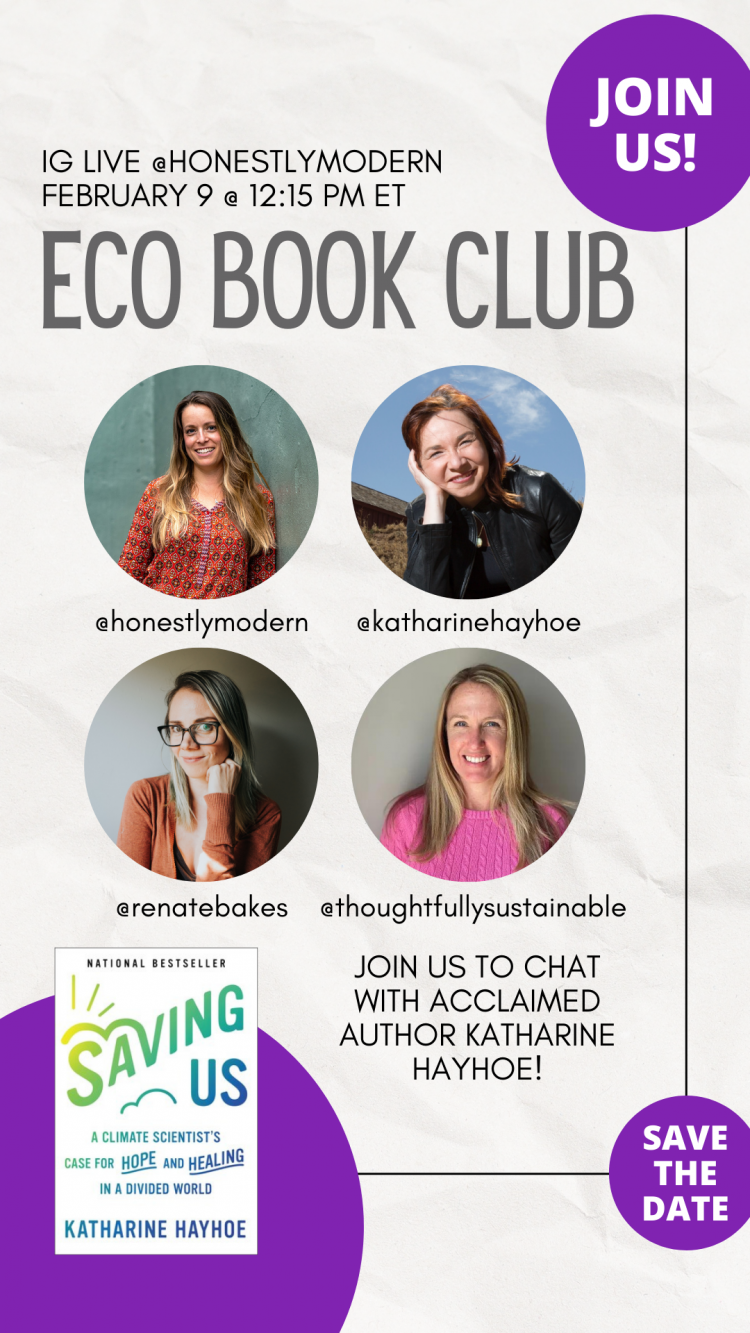
IG Live Book Club Chat
I had a great chat with the author and two friends about this amazing book. Katharine was such a delight and had so many insightful answers to share with us.
If you missed this live, check out the replay on Instagram here.
Participants who joined me:
- Katharine Hayhoe @katharinehayhoe
- Jess Purcell @thoughtfullysustainable
- Renate Boronowsky @renatebakes
February
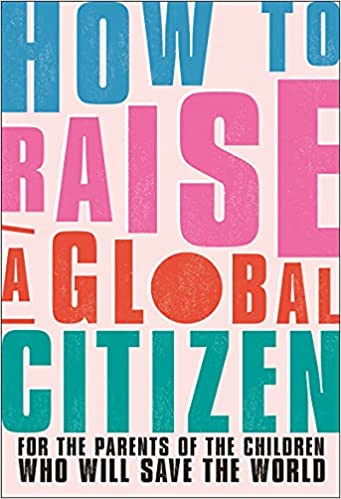
How to Raise a Global Citizen: For the Parents of the Children Who Will Save the World by Anna Davidson
I’d be a pretty lousy book contributor if I didn’t recommend the book in which I’m published. I also think it’s pretty good and easy reading for parents and caregivers looking to raise globally and socially-conscious humans.
Hop on over to Raising Global Kidizens to learn more about the book to which my RGK co-founder, Jess Purcell, and I both contributed.
Genre Adult Non-Fiction | Pages 224 | Length 5 hours 33 minutes
Physical Book | Audio Book
March
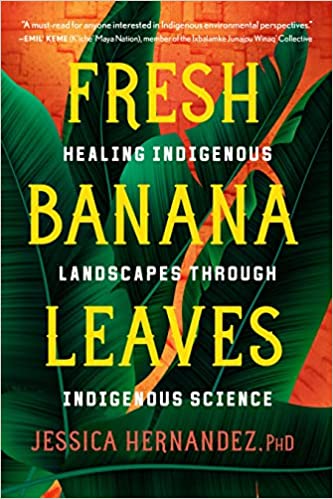
Fresh Banana Leaves: Healing Indigenous Landscapes through Indigenous Science by Jessica Hernandez, Ph.D.
Despite the undeniable fact that Indigenous communities are among the most affected by climate devastation, Indigenous science is nowhere to be found in mainstream environmental policy or discourse. While holistic land, water, and forest management practices born from millennia of Indigenous knowledge systems have much to teach all of us, Indigenous science has long been ignored, otherized, or perceived as “soft”–the product of a systematic, centuries-long campaign of racism, colonialism, extractive capitalism, and delegitimization.
In this book, the author introduces and contextualizes Indigenous environmental knowledge and proposes a vision of land stewardship that heals rather than displaces, generates rather than destroys.
This book was just released, so I haven’t yet read it. But I’m a big fan of Braiding Sweetgrass, another book that celebrated the valuable contributions and regenerative wisdom of Indigenous land management and cultural care for all living things on Earth.
Genre Adult Non-Fiction | Pages 256 | 9 hours 35 minutes
Physical Book | Audio Book
April
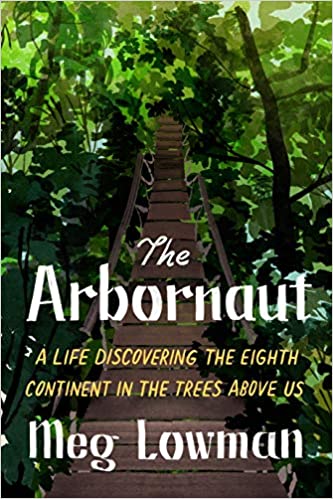
The Arbornaut: A Life Discovering the Eighth Continent in the Trees Above Us by Meg Lowman
This memoir from Meg Lowman documents her journey from a nature-loving young girl in upstate New York to the canopies of rain forests in Australia, South America, and Africa. Due to their immense biodiversity, she and her colleagues have come to call the tree canopies of our forests around the world the Eighth Continent.
Meg was one of the very first field research scientists to explore tree canopies. She began her career rigging cave diving equipment to climb up and hang around trees for hours at a time while studying the insects and leaves on all sorts of trees.
She was also one of the first female field researchers in her industry, so she experienced a good bit of sexism throughout her career. At times she endured it and, at other times, she chose alternative paths to avoid the unfair treatment or was denied opportunities entirely.
As her career progressed, she came to understand the importance of connecting her research findings and published papers to the communities and everyday people impacted by them. As a result, she’s been instrumental in helping create citizen science opportunities in various rain forests, building canopy walkways to help people connect with the forests, and helping Indigenous and local communities generate a living through eco-tourism so they don’t have to rely on alternative income sources like logging and clear-cutting for agriculture.
This was a really insightful book about a woman who has been a champion for the trees around the world.
Genre Adult Non-Fiction | Pages 368 | Length 15 hours 25 minutes
Physical Book | Audio Book
May
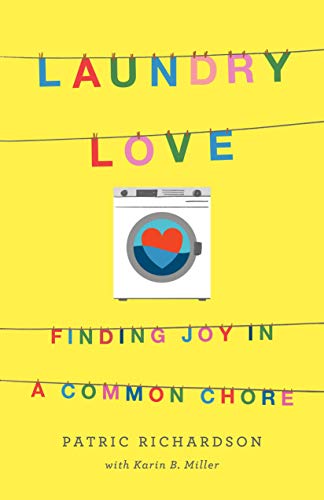
Laundry Love by Patric Richardson
What’s laundry got to do with saving the planet? Fashion is a huge component of the environmental crisis. Fast fashion and our excessive consumption of clothing contribute greatly to resource consumption, energy consumption, and overflowing landfills.
Laundry matters because when we take better care of our clothes, they last longer, we love them more, and we hopefully buy less. I chose Laundry Love because it’s a quick read that’s also light and pretty funny. It also has loads of practical advice and clothes cleaning recipes to help you keep your clothes clean and in great condition with ingredients that are easier on the environment and less destructive to your clothing.
The author even says you really never need to dry clean anything. Having the freedom to ignore all the “dry clean only labels” might be reason enough to read the book.
The audiobook is read by the author; I always enjoy listening to an audiobook read by the author because I feel like it helps me connect the author’s story with the book more effectively.
Genre Adult Non-Fiction | Pages 208 | Length 5 hours 2 minutes
Physical Book | Audio Book
June
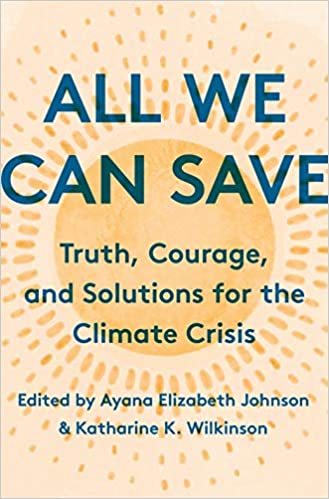
All We Can Save: Truth, Courage, and Solutions for the Climate Crisis by Dr. Ayana Elizabeth Johnson and Katharine K. Wilkinson
This is an anthology that includes pieces from women across a variety of industries, specialties, and backgrounds. I read this book last year, and honestly, didn’t expect to like it. I anticipated it would be a bit too annoyingly “woke” for my liking.
I ended up really enjoying it, despite my expectations. There were so many thoughtful viewpoints from a variety of women about so many different elements of climate change and how it already is and will continue to impact our lives.
Genre Adult Non-Fiction | Pages 448 | Length 15 hours 5 minutes
Physical Book | Audio Book
July
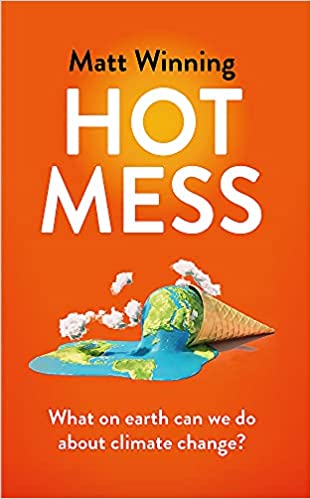
Hot Mess by Matt Winning
This book comes out in April, just before Earth Day. Winning, a climate scientist and comedian from the UK, debuts as a writer with this book that takes a lighter approach to the climate change conversation. While the climate crisis is dire, it’s exhausting to read only doom and gloom books. I haven’t read it yet but thought it could be a fun summer reading book for the warm (and hopefully relaxing) days. Fingers crossed it’s good.
Genre Adult Non-Fiction | Pages 288
Physical Book
August
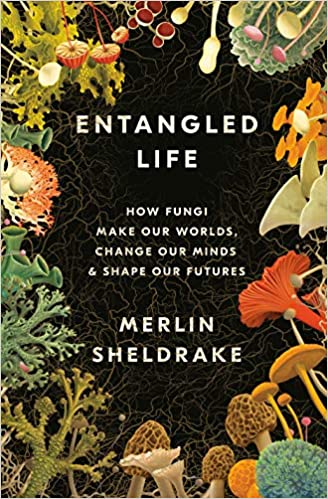
Entangled Life: How Fungi Make Our Worlds, Change Our Minds & Shape Our Futures by Merlin Sheldrake
I’ve never been particularly drawn to mushrooms (and I really don’t like eating them), but this book all about fungi and mycelium networks that breed mushrooms was incredibly interesting. It has received raved reviews, and I fully understand.
The book is interesting in a way not like a fictional novel that draws in your heart or a drama that catches your attention until the last page. Instead, the author uses the little-known world of fungi and mycology to open minds to a whole new way of thinking about our world.
He discusses the complex networks of fungi that live in soil and connect our world in so many fascinating and mostly unknown ways. He challenges our ideas of individuals and stand-alone bodies once we consider how fungi play such an integral role in the existence of literally everything on the planet.
Genre Adult Non-Fiction | Pages 368 | Length 9 hours 32 minutes
Physical Book | Audio Book
September
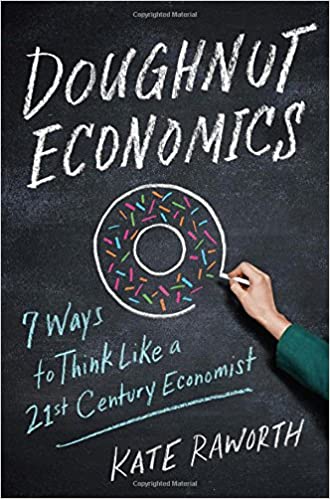
Doughnut Economics: Seven Ways to Think Like a 21st-Century Economist by Kate Raworth
Let’s go back to school in September and take a second look at an Introduction to Economics. What if our current economic models are all wrong and are driving the mindless overconsumption that is destroying the planet?
Kate Raworth believes this to be true and considers herself an economics renegade. After much research, she has created a new economic model, shaped like a donut as the title describes, that incorporates many externalities, like human well-being and Earth resources, that are currently not factored into economic models and theories.
I read this book years ago, and think it’s worth reading again. I rarely reread books, because there are so many amazing books to read. However, I think this might be worth a second look.
Genre Adult Non-Fiction | Pages 320 | Length 11 hours 44 minutes
Physical Book | Audio Book
October
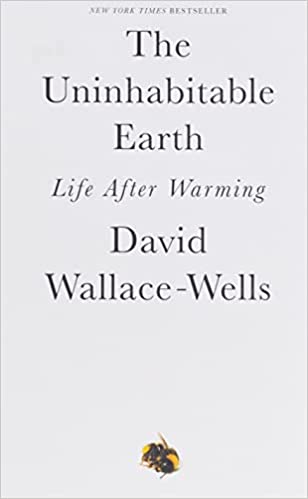
The Uninhabitable Earth: Life After Warming by David Wallace-Wells
This book is both a travelogue of the near future and a meditation on how that future will look to those living through it—the ways that warming promises to transform global politics, the meaning of technology and nature in the modern world, the sustainability of capitalism and the trajectory of human progress. In short, this book suggests that the climate situation is pretty terrible.
I’m not into reading doom and gloom on the regular, but I’m up for an occasional reminder of the dire situation towards which we are headed without significant action. Although I heard a lot about this book, I have not yet read it. I’m expecting it to be heavy, dark, and a little scary. A perfect book for the Halloween season, right?
Genre Adult Non-Fiction | Pages 320 | Length 8 hours 59 minutes
Physical Book | Audio Book
November
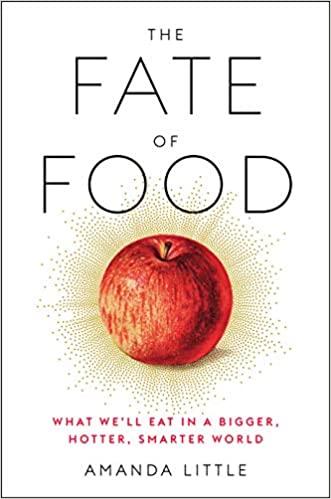
The Fate of Food: What We’ll Eat in a Bigger, Hotter, Smarter World by Amanda Little
I chose this book to focus on food as we head into the holiday season where we share many meals with family and friends. This book examines the current state of our food system, the problems it causes for our health and the environment, and potential solutions to make our food system healthier, more regenerative, and more resilient in the face of rising global temperatures.
I really appreciated that the author approached the book with humility and openness. Coming from the environmental space, she had many preconceived notions about issues related to the food system and big agriculture. However, she shared many instances through which learning more about the realities and the nuances of food production, transportation, consumption, and disposal gave her a new perspective on realistic options as well as impacts on lifestyles and livelihoods of the real people who do the hard work to put food on our table every day.
Genre Adult Non-Fiction | Pages 352 | Length 9 hours 56 minutes
Physical Book | Audio Book
December
Myquillyn Smith Simple Home Series
The holiday season is filled with a lot of life, and I wanted to finish the year reading something that was light and approachable. Given that we open our house up to friends and family more than usual this time of year, books about minimalist and simplified interior design, home decor, and hosting felt like the perfect finish to a year of eco-conscious reading.
In her books, Smith discusses many ways to turn a house into a warm home without a lot of stuff. She offers design ideas, consumption tips, and many more insights about making your home feel cozy and welcoming without a lot of clutter.
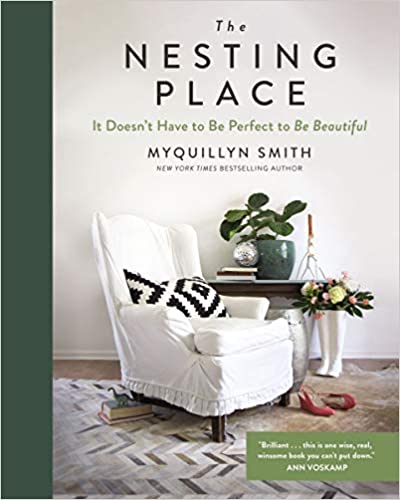
Genre Adult Non-Fiction | Pages 208 | Length 3 hours 53 minutes
Physical Book | Audio Book
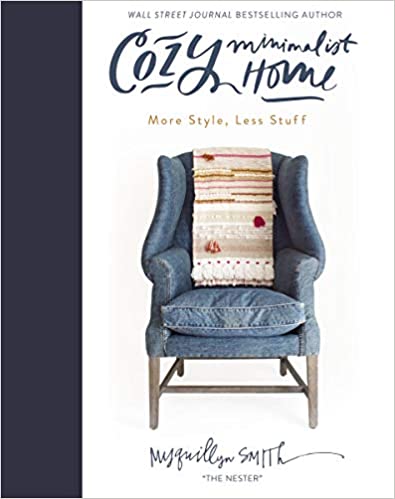
Genre Adult Non-Fiction | Pages 208 | Length 3 hours 50 minutes
Physical Book | Audio Book
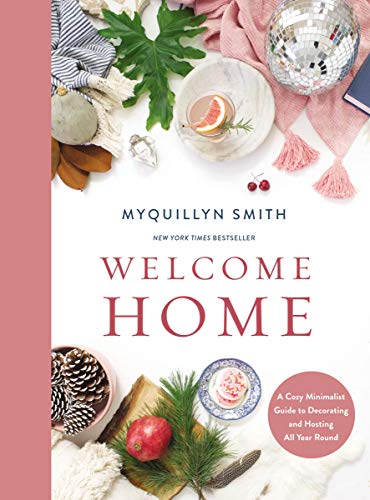
Genre Adult Non-Fiction | Pages 208 | Length 4 hours 7 minutes
Physical Book | Audio Book
Honorable Mentions
If you’re looking for a few more books to read this year related to the environment, nature, climate change, and eco-conscious living, here are some books that I considered for the book club this year but didn’t quite make the cut. Maybe next year…

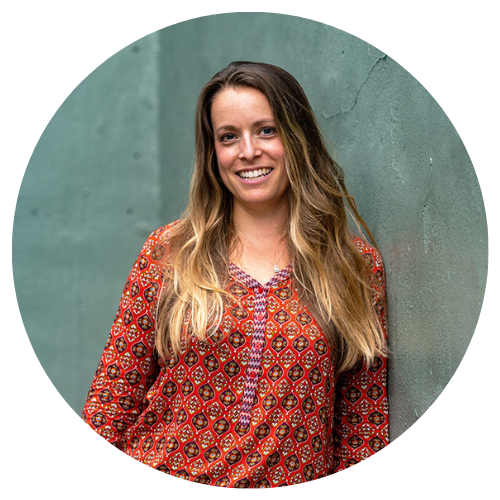
Jen Panaro
Jen Panaro, founder and editor-in-chief of Honestly Modern, is a self-proclaimed composting nerd and advocate for sustainable living for modern families. To find her latest work, subscribe to her newsletter, Stepping Stones.
In her spare time, she’s a serial library book borrower, a messy gardener, and a mom of two boys who spends a lot of time in hockey rinks and on baseball fields.
You can find more of her work at Raising Global Kidizens, an online space to help parents and caregivers raise the next generation of responsible global citizens.

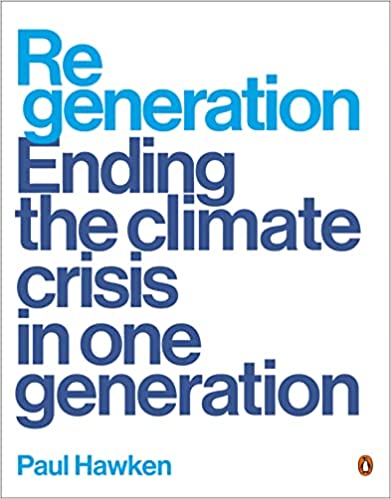
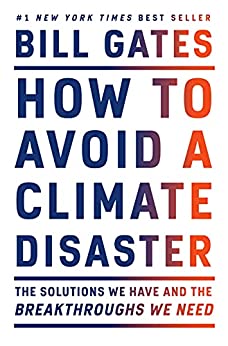
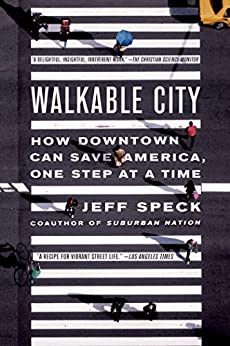
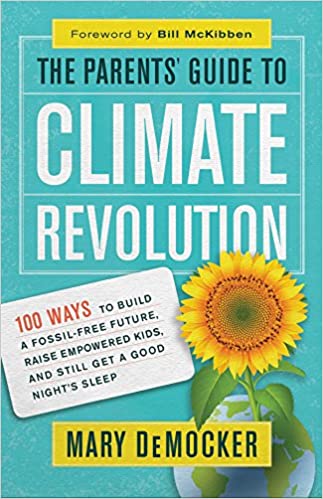
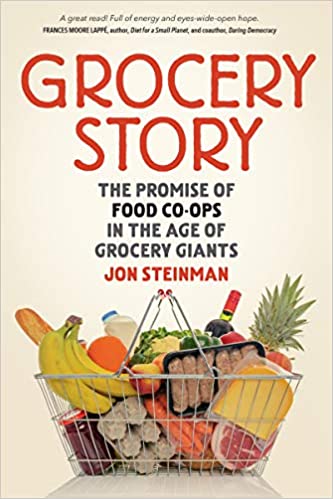
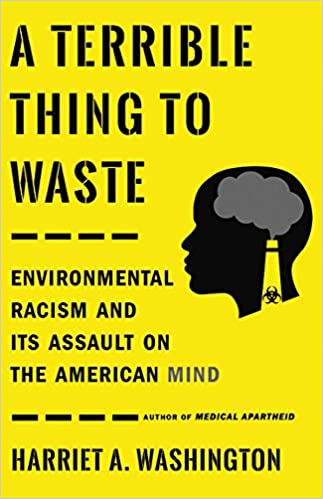
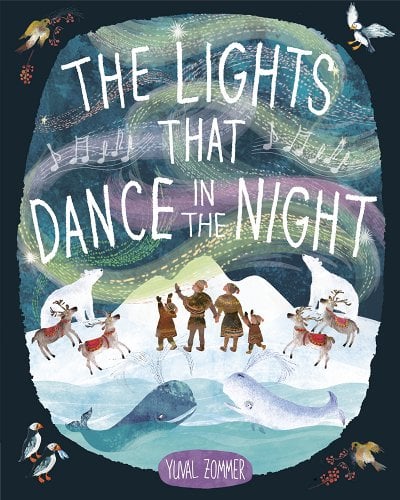
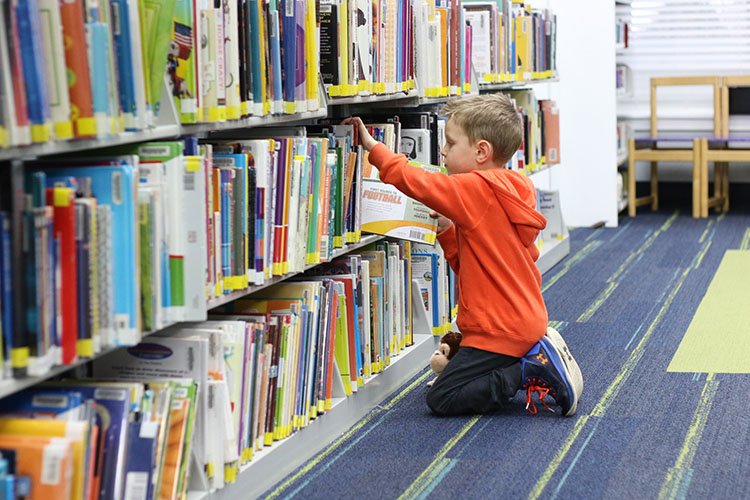
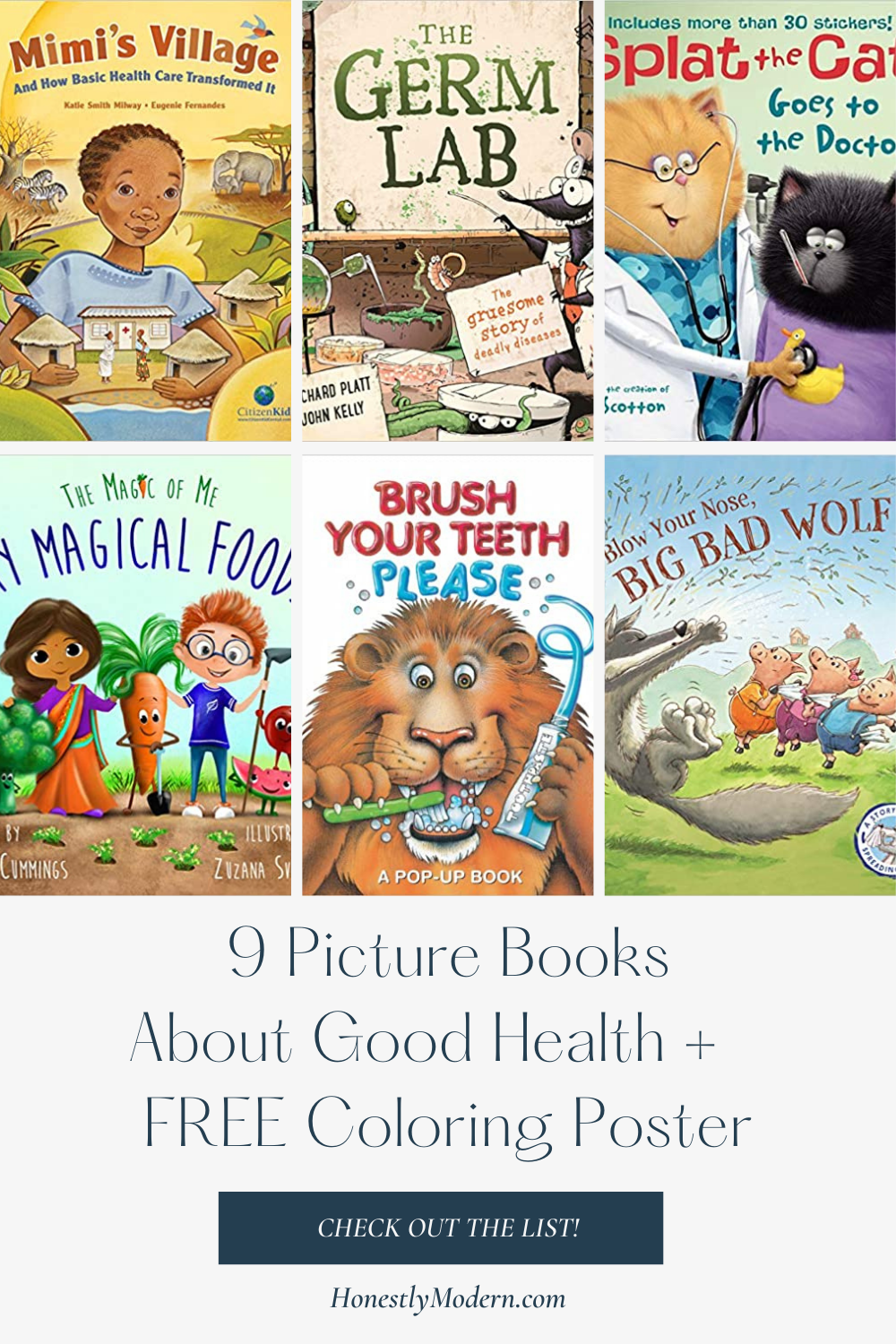
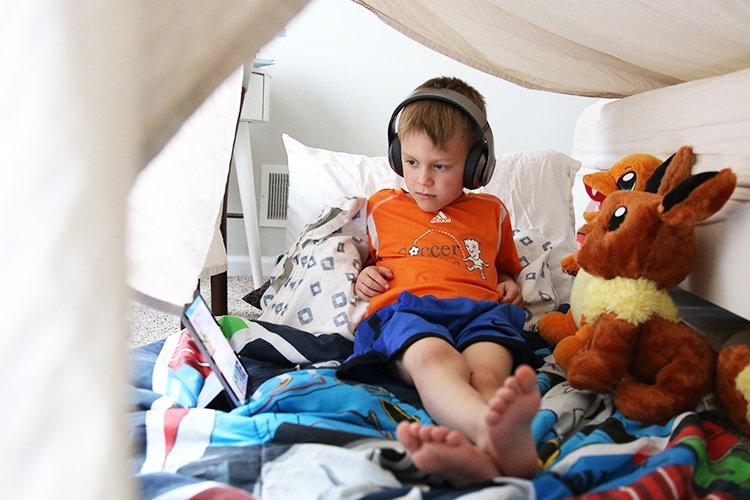
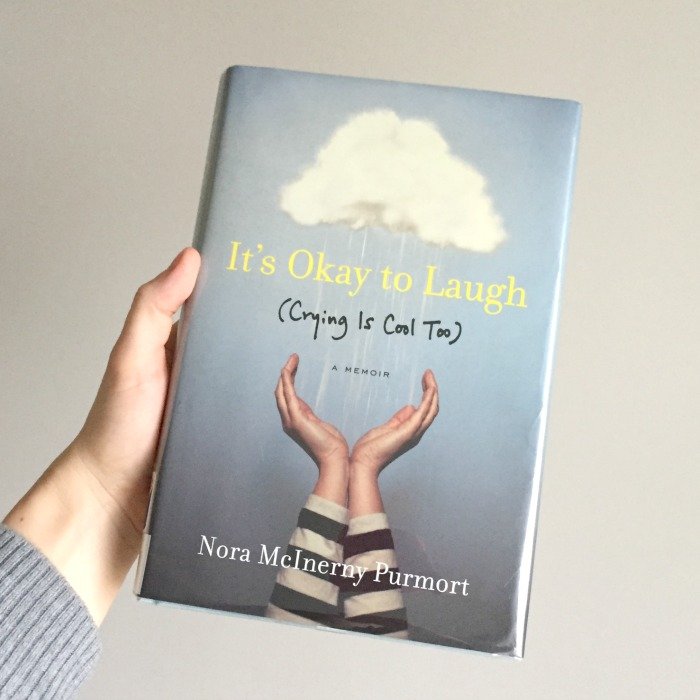
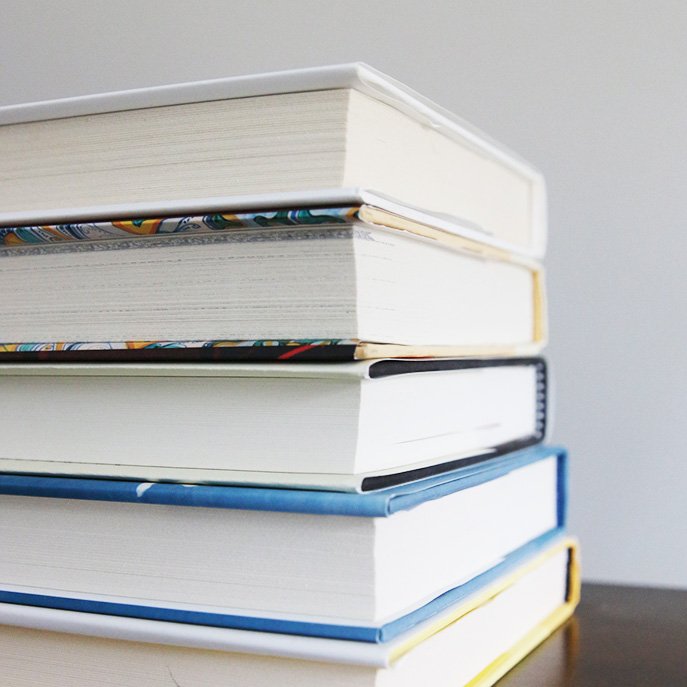

Great list! It is so hard to find an eco-(non)fiction focused book club. I’d like to suggest Beyond What Separates Us as a read for future lists – https://www.goodreads.com/book/show/55104991-beyond-what-separates-us.
From one reviewer, “I genuinely loved reading this revelatory insightful book. The subject is fascinating, and I just fell right into the story, totally absorbed. If you are interested in climate or speculative fiction, I suggest Beyond What Separates Us.”